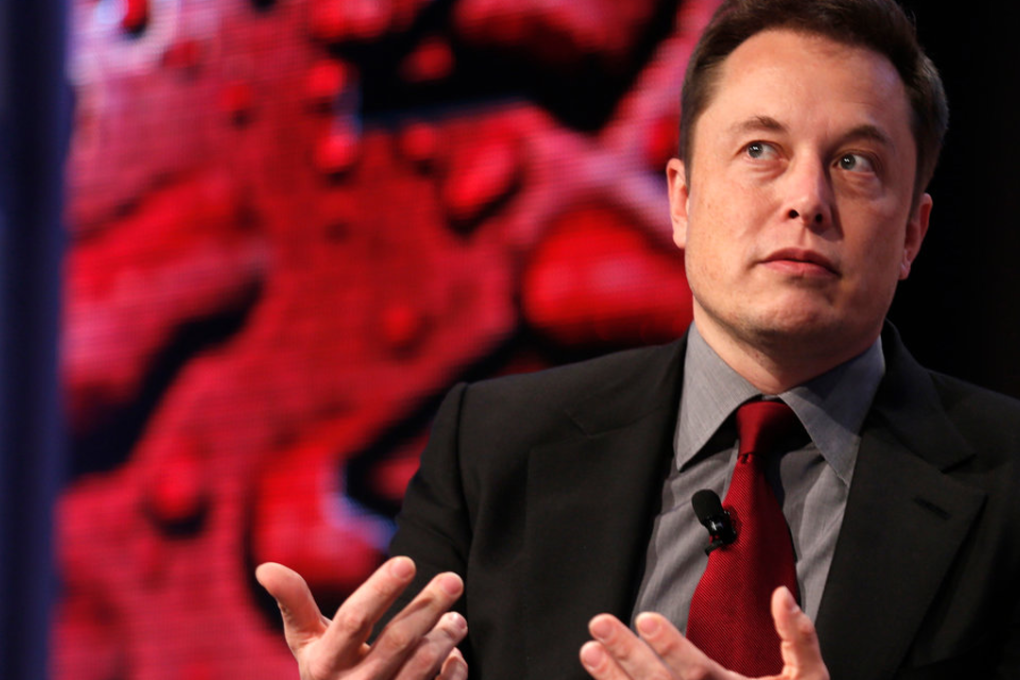In ‘Dear Elon’ letter, analyst cut off by Musk says he will hold Tesla accountable
‘Hopefully you can appreciate that anyone looking to invest in Tesla’s future must first be comfortable with its present,’ writes RBC Capital Markets analyst Joseph Spak

By Thomas Franck
One of the analysts cut off by Tesla chief executive Elon Musk during the company’s latest earnings call has responded, telling clients he plans to “hold Tesla accountable” for its performance.
In an open letter and invitation to Musk entitled “Dear Elon,” RBC Capital Markets analyst Joseph Spak on Wednesday defended his questioning.
“Some of these questions can seem dry, boring or short-term focused, but hopefully you can appreciate that anyone looking to invest in Tesla’s future must first be comfortable with its present,” Spak wrote.
“I would be elated to host you for a webcast or call to talk extensively about all the amazing industry innovations you are driving and dispel any investor misconceptions you perceive,” he added.